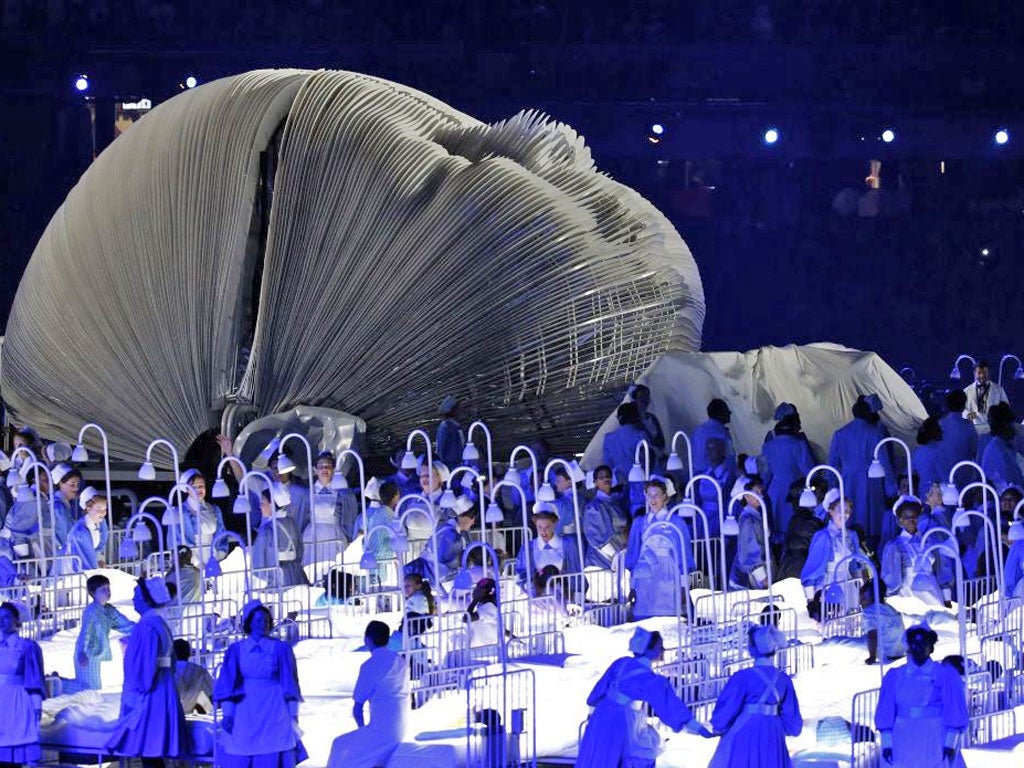
They could save the NHS – or bankrupt it. New technological advances that are transforming care of patients also risk crippling the health service responsible for delivering them.
At a conference today, sponsored by the i's sister paper The Independent, experts will describe advances in healthcare and consider whether they are the route to salvation for the cash-strapped service – or a fast track to its demise.
With new cancer drugs costing hundreds of thousands of pounds per patient and robotic surgery devices requiring investment of millions, innovations are urgently needed that will save money for the NHS and provide it with a way out of the present impasse.
As an example of how technological innovation can transform the care of patients, the project run by the Wellcome Trust Sanger Institute for children with rare developmental disorders stands as a beacon.
Using sophisticated techniques, researchers have catalogued the genetic abnormalities in the children and linked them with details of their medical management to show what works. Called Decipher, the project has expanded to include 200 centres worldwide, feeding in data about their patients and providing doctors with essential details to enable them to provide the best treatment.
In a second example, Dr Richard Seabrook of the Wellcome Trust cites a US health insurance organisation which has arranged with an IT company to collect details of patients' waist size, blood pressure, cholesterol level and other measures each time they are issued with a prescription to provide early warning of future illness.
Asked if that would increase or reduce health care costs, he said: "I think it has the potential to do both." It can remove the element of trial and error so patients get the correct care sooner which should save costs. But you have got to invest in the infrastructure."
Derek Wyatt, a digital consultant, said that patients will in the future be able to access medical notes and order prescriptions via phone apps.
Biomarkers for dementia will allow early detection of the disease with blood tests or brain scans.
Phone apps will allow patients to make appointments, check referrals and order prescriptions.
Subscribe to Independent Premium to bookmark this article
Want to bookmark your favourite articles and stories to read or reference later? Start your Independent Premium subscription today.

Join our commenting forum
Join thought-provoking conversations, follow other Independent readers and see their replies